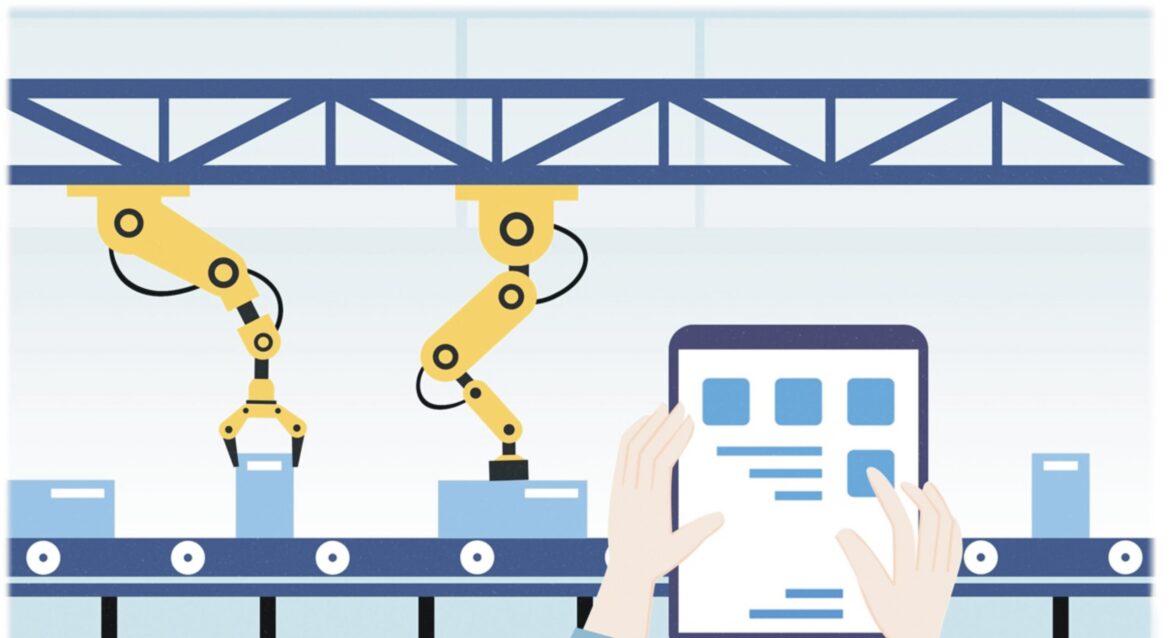BEIJING (Xinhua/Internews): With the help of Insilico Medicine’s research and development team in Shanghai, the globally leading AI-driven biotech company has condensed preclinical drug development from multiple years into just 18 months.
“Shanghai is our first choice to design new medicine, as it’s the center of biopharmaceutical innovation,” said Alex Zhavoronkov, founder and CEO of Insilico. “What’s more, there are so many contract research organizations, talent and vibrant communities.”
Headquartered in New York and Hong Kong, Insilico built a drug research and development center in Shanghai in 2019. It has now become the largest and most talent-intensive among the company’s centers and offices globally.
Insilico is just one of the many foreign companies expanding investment in China, in order to tap broader market opportunities and cooperation space in new quality productive forces.
With innovation playing the leading role, new quality productive forces mean advanced productivity freed from traditional economic growth modes and productivity development paths. They feature high-tech, high efficiency, and high quality in line with the new development philosophy.
In the first seven months of 2024, the actual use of foreign investment in the high-tech manufacturing amounted to 69.58 billion yuan (about 9.75 billion U.S. dollar), which accounted for 12.9 percent of the nation’s total actual use of foreign capital, marking a 2.6 percentage points increase compared to the same period last year.
Foreign direct investment in the medical instrument industry, technique service industry, as well as computer and office facilities manufacturing surged 87 percent, 41.3 percent and 32.4 percent, respectively.
Green development is the base of high-quality development, and new quality productive forces are inherently green, and plenty of foreign-funded companies are embracing ecological transformation following the trend of carbon neutrality in China.
A Tianjin factory of Danfoss, a Danish energy efficiency solution company, has achieved 100 percent green energy usage and plans to reduce 28,000 tonnes of carbon emissions annually. Airbus’ Tianjin campus has reduced nearly 2,500 tonnes of carbon dioxide emissions through green electricity since the beginning of this year.
According to data released by the Ministry of Industry and Information Technology, China will foster 5,095 green factories, 371 green industry parks, 605 supply chain management enterprises and about 35,000 green products.
“The cultivation of new quality productive forces provides broad marketing opportunities and new growth points”, said President and CEO of Siemens China Xiao Song, adding that Siemens tends to combine digitalization and low-carbon trends to achieve high quality development.
China is continuing to ramp up efforts to attract foreign firms and further expand its high-level opening up.An executive meeting of the State Council held Monday reviewed and approved the 2024 edition of a set of special administrative measures — a negative list — for foreign investment access.
According to the negative list, China will further relax restrictions on foreign investment by completely abolishing entry barriers in the manufacturing sector, while accelerating the opening up of sectors such as telecommunication, education and health care services.
“The dynamism of the Chinese market, coupled with the government’s move to expand domestic demand and attract foreign investment, provides us with a broader space for development,” said Tao Lin, vice president of Tesla.


